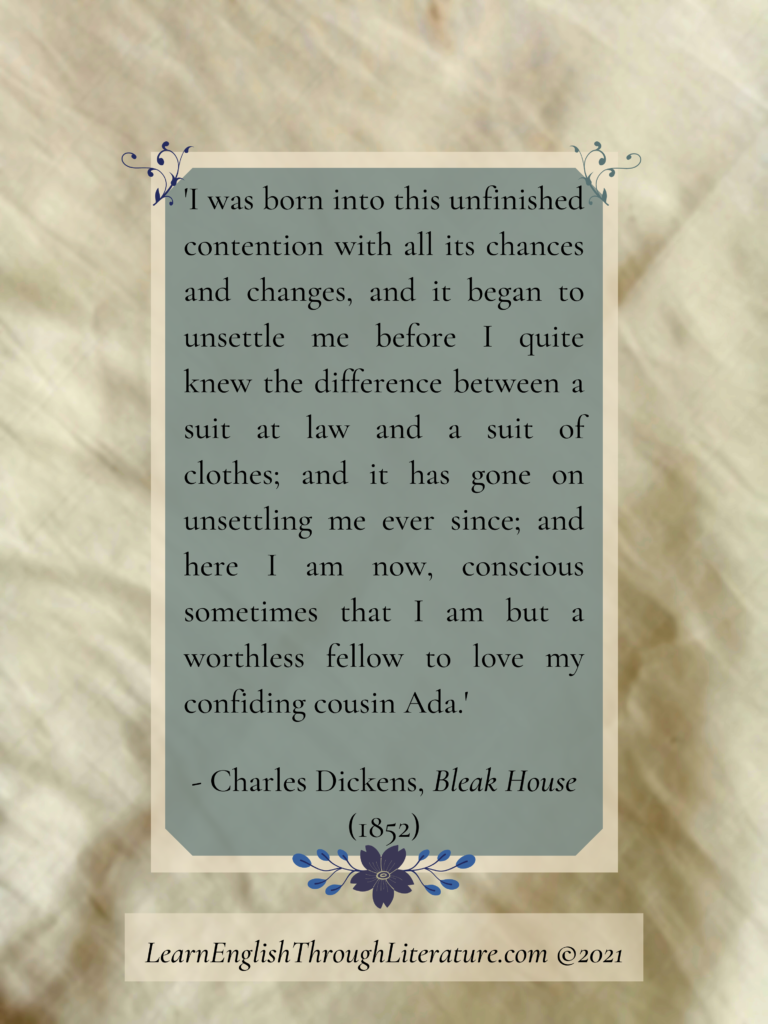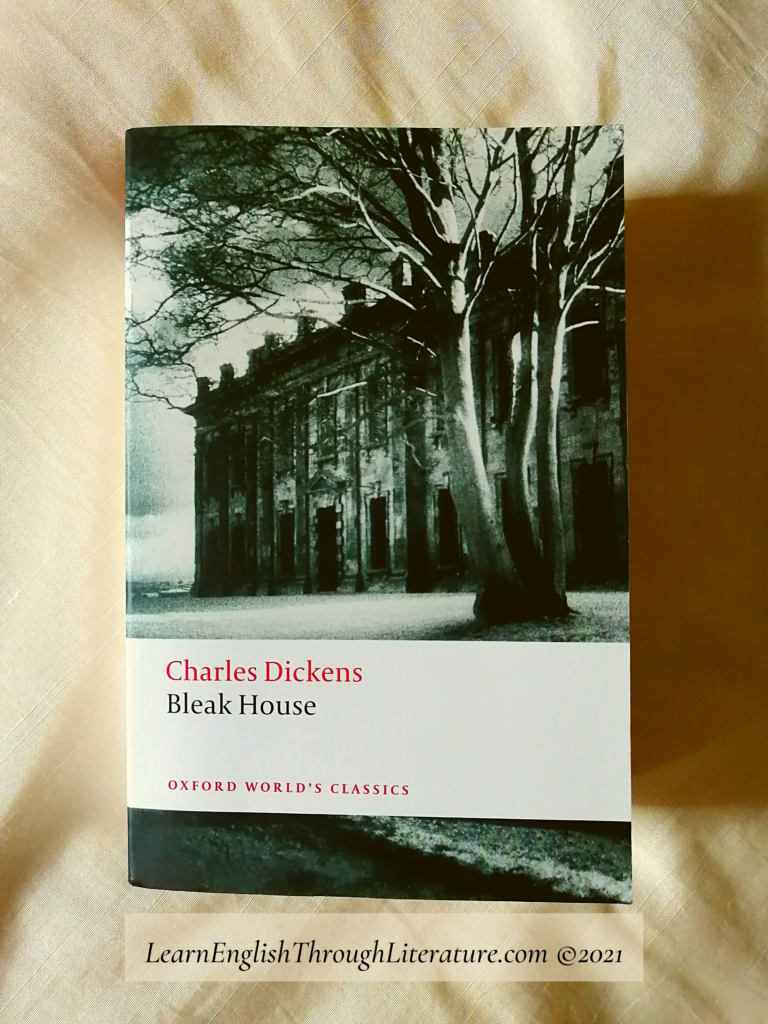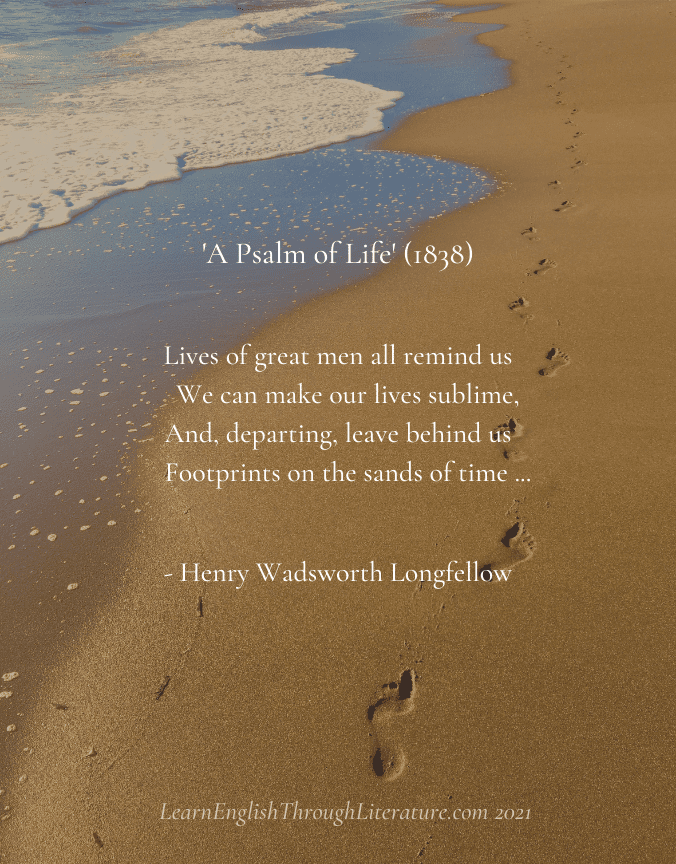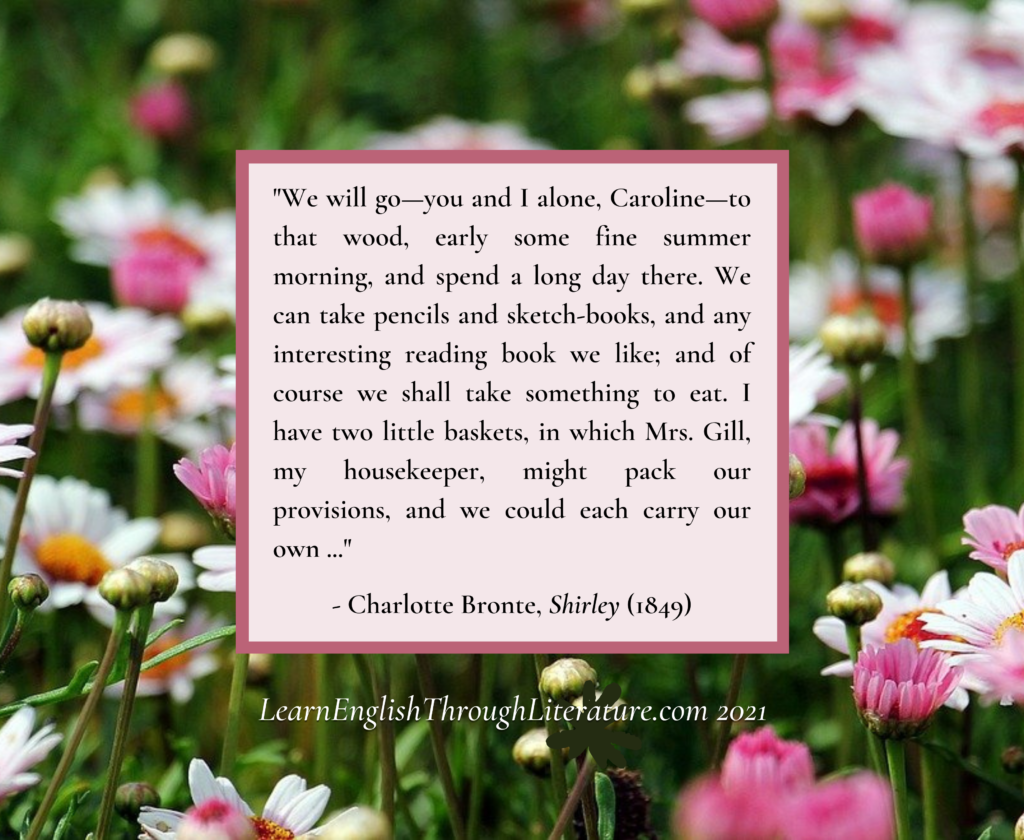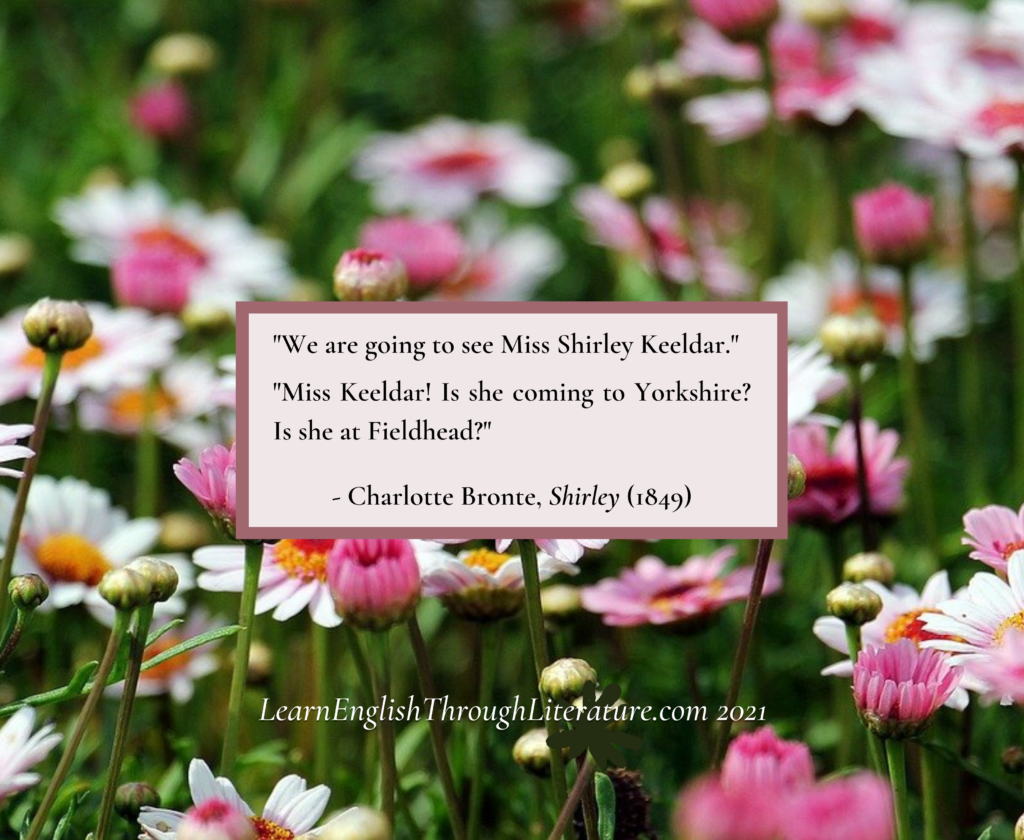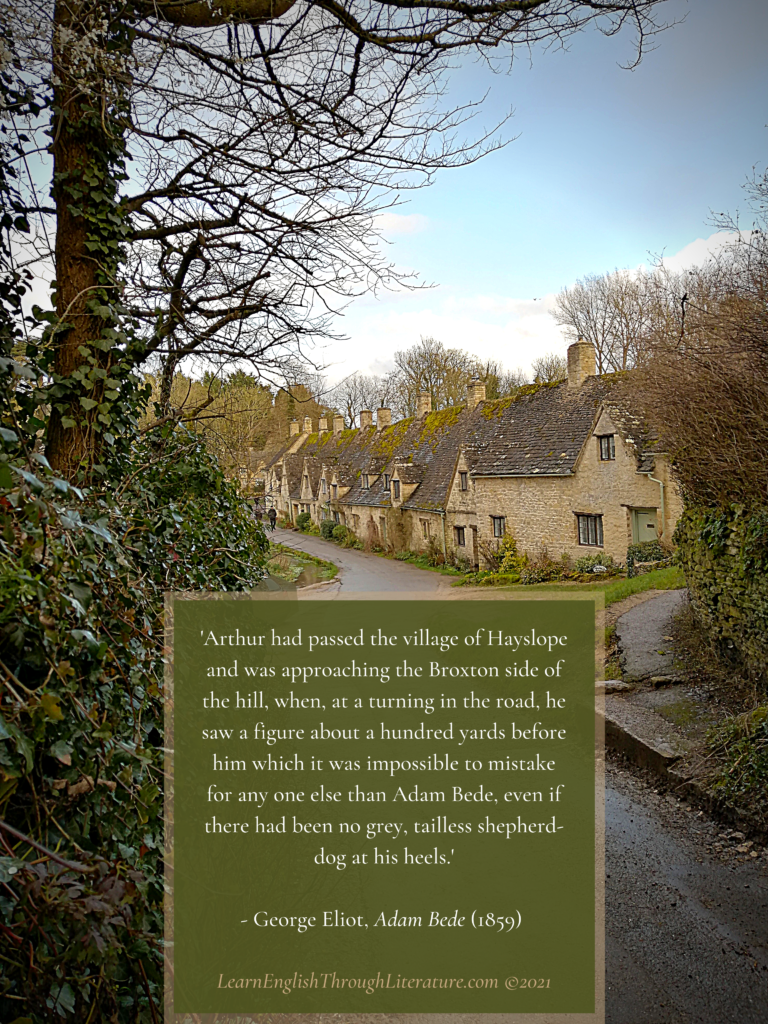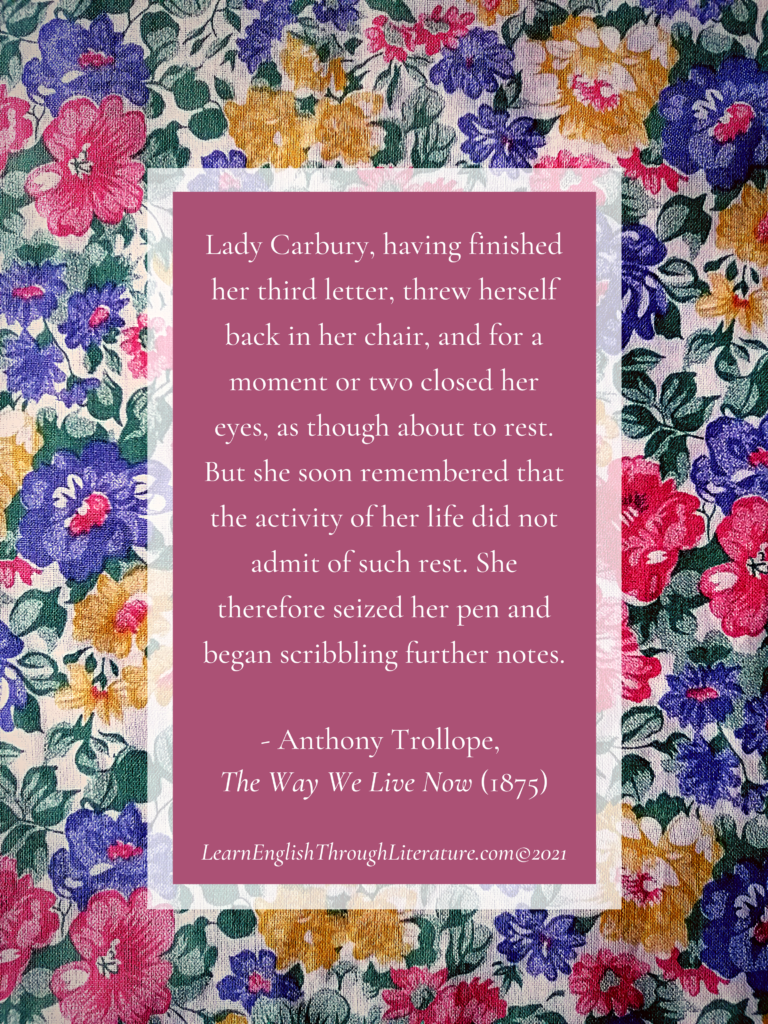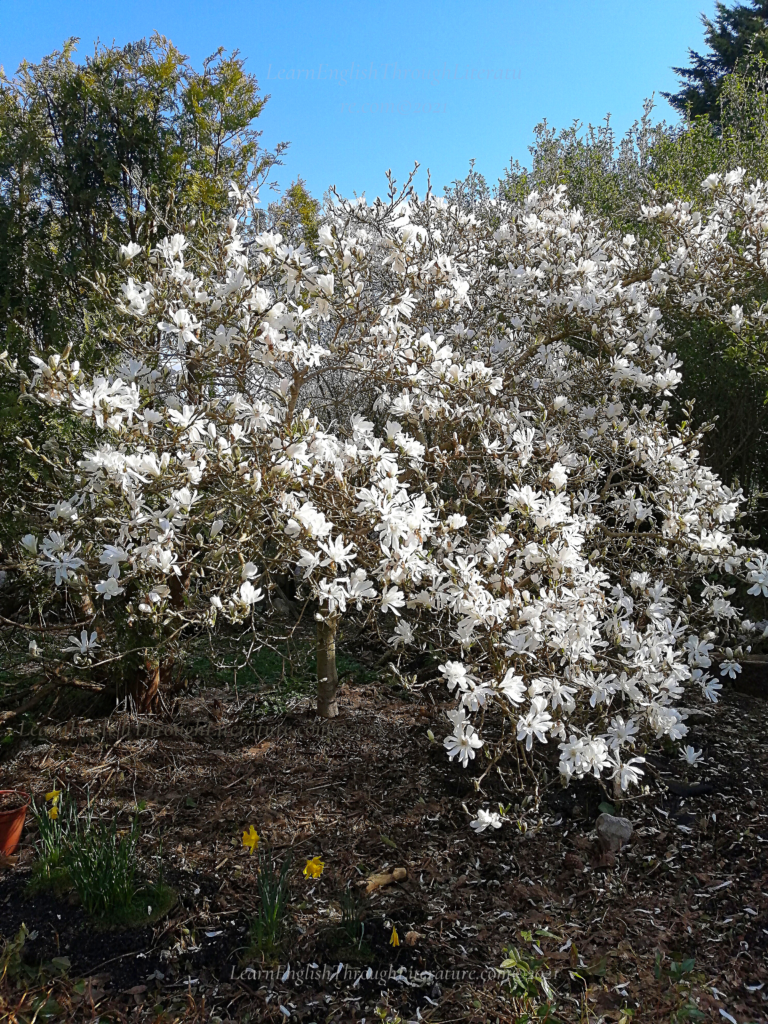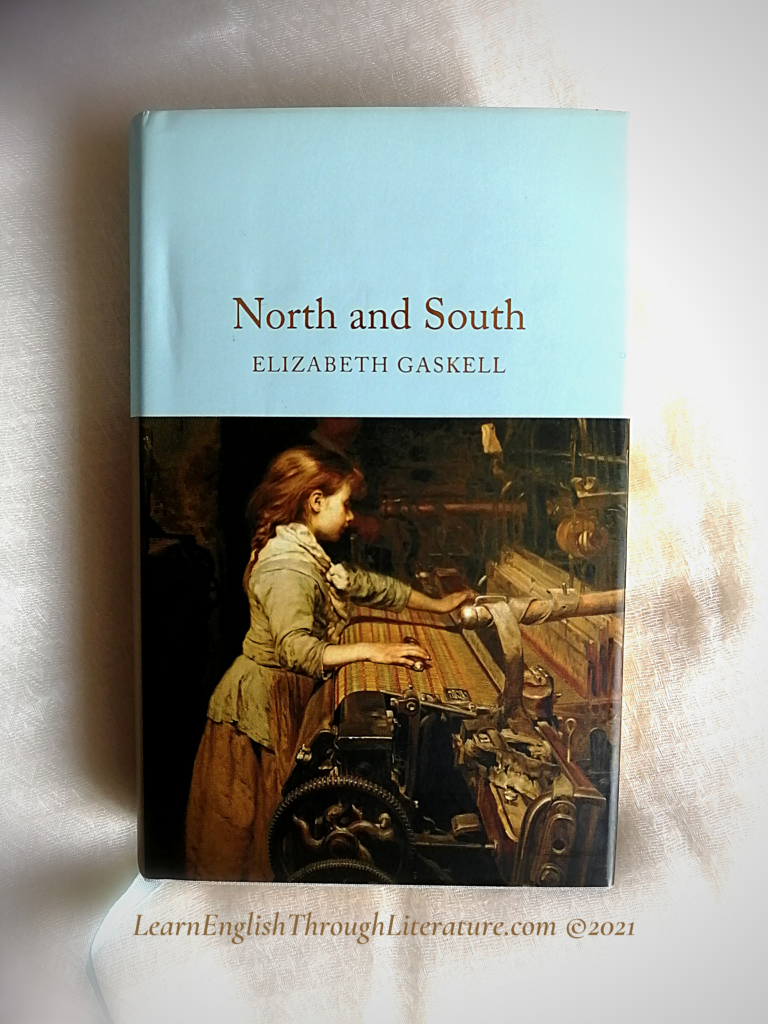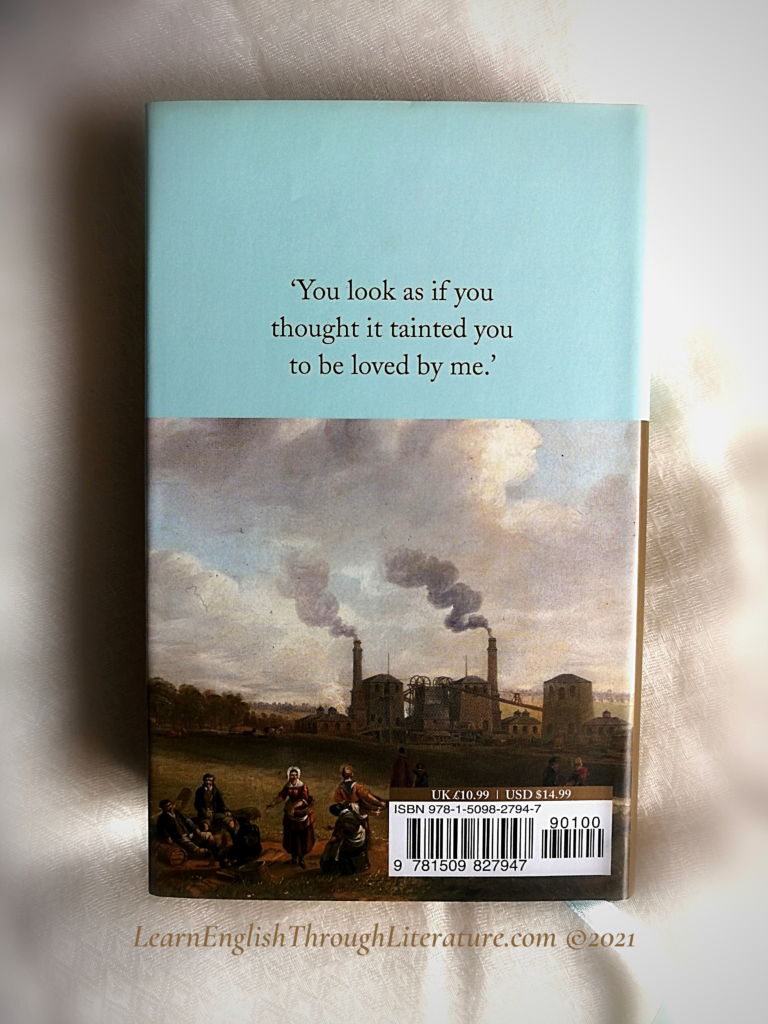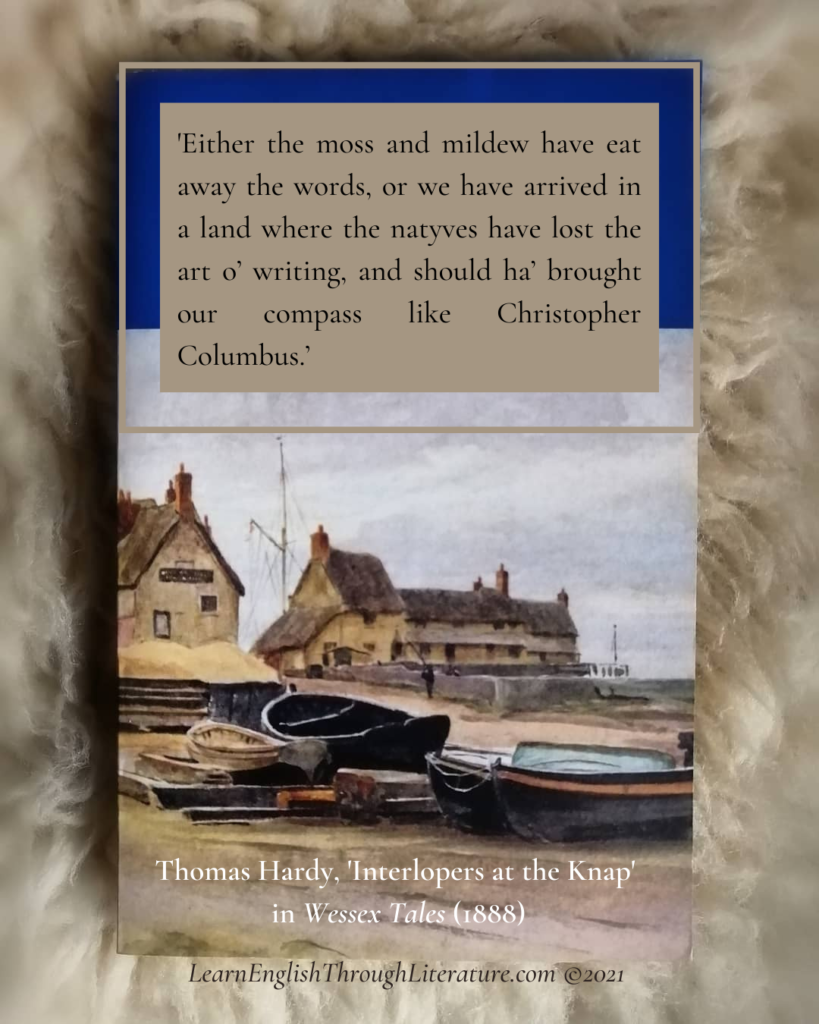Lesson #232 (Part 2): Homographs in ‘Bleak House’: English words that are spelled the same but are not related
Welcome to Part 2 of our Lesson on homographs! In Part 1 we already looked at what homographs mean (quick reminder: they are words that are spelled the same but have different meanings and often different pronunciations). We also covered some key homographs in the English language, starting with those word pairs that share the […]

